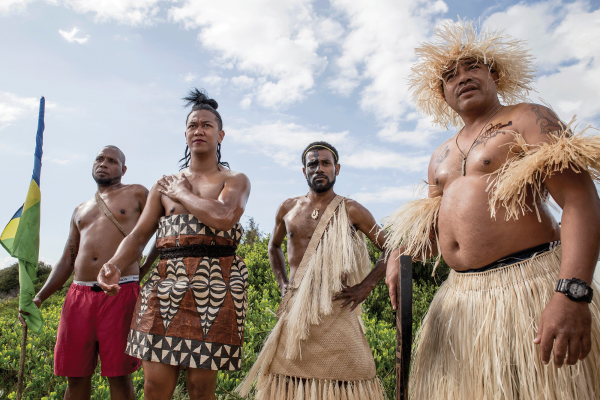IN MARCH, CIVIL society groups across the Pacific — including churches — unveiled a landmark declaration to end fossil fuel expansion in the Pacific region. The Naiuli Declaration provides a moral rudder from Pacific communities to guide the international Fossil Fuel Non-Proliferation Treaty.
Pacific Islanders are championing the treaty as a legally binding mechanism to end new exploration and to support the rapid, equitable, and lasting phaseout of fossil fuels, core drivers of climate change and sea-level rise. To date, 12 nations have endorsed the treaty, including fossil fuel-producing countries Timor-Leste and Colombia. In the U.S., Maine, California, and Hawaii have also endorsed the treaty.
In envisioning our fossil free future, the Naiuli Declaration carries the twin aspects of vulnerability and resilience (the term Na i Uli draws from indigenous Fijian words for the steering oar in traditional double-hulled ocean canoes). There is the vulnerability of communities facing an existential crisis caused by climate change, putting at risk livelihoods, culture, our deep spiritual relationship with land and ocean, and the possibility for climate-induced displacement. The sense of exile evoked by this vulnerability resonates with the psalmist, who laments: “For there our captors asked of us songs, and our tormentors asked for mirth, saying, ‘Sing us one of the songs of Zion!’ How could we sing the Lord’s song in a foreign land?” (Psalm 137:3-4).
Read the Full Article

